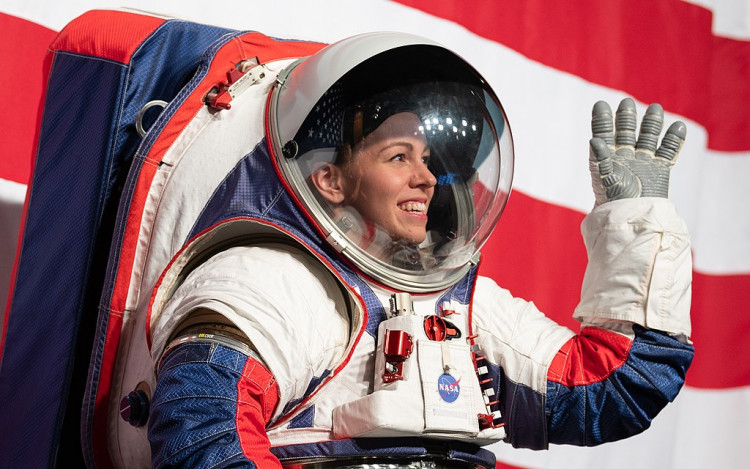NASA has chosen two contractors to develop spacesuits for the Artemis moon program and future International Space Station (ISS) flights.
Teams led by Axiom Space and Collins Aerospace (with ILC Dover as a major contributor) have been awarded a contract worth up to $3.5 billion to supply spacesuits for future NASA missions through 2034, according to agency officials.
"NASA will be certifying alongside to make sure that they are ready for our astronauts," Vanessa Wyche, director of NASA's Johnson Space Center in Houston, said during a livestreamed event. "Then, once the suits are ready, they will be used."
Axiom and Collins, like the private companies that deliver cargo and humans to the International Space Station, do not yet have guaranteed orders under the contract. However, NASA officials noted during a media briefing that they will have opportunities to compete for task orders for missions as early as 2025, including a demonstration mission outside the ISS and the first Artemis lunar landing during the Artemis 3 mission, which is scheduled for 2025 or 2026.
As commercial space options develop in the industry, the two businesses said that such effort corresponds with their own aspirations to contribute spacesuits for clients other than NASA.
Collins-ILC Dover has decades of expertise supplying NASA with spacesuits, whereas Axiom is a newcomer.
Axiom Space hopes to deploy a module on the ISS as the basis of a new, independent space station by 2024. The business has already completed one private crewed journey to the ISS, Ax-1, which launched and landed in April, and has many more in the works.
The designs for the spacesuits are still in the early stages, but the businesses stressed that their units will be fairly modular, as lightweight and adaptable as feasible, and will incorporate feedback from astronauts and the flight community in determining the best path forward for completion.
NASA officials have stated that the next generation of spacesuits will have a more flexible fit for a wider range of body shapes, addressing a criticism of the current spacesuits used by agency astronauts. Due to the difficulty of swapping out the right-sized spacesuit elements in orbit, NASA has only conducted one all-woman spacewalk to date, in 2019.
The new suits will replace the agency's extravehicular mobility units (EMUs), which have been developed in two generations since 1983 to support space shuttle and International Space Station missions. A team led by ILC Dover and Collins Aerospace created both EMU versions.






